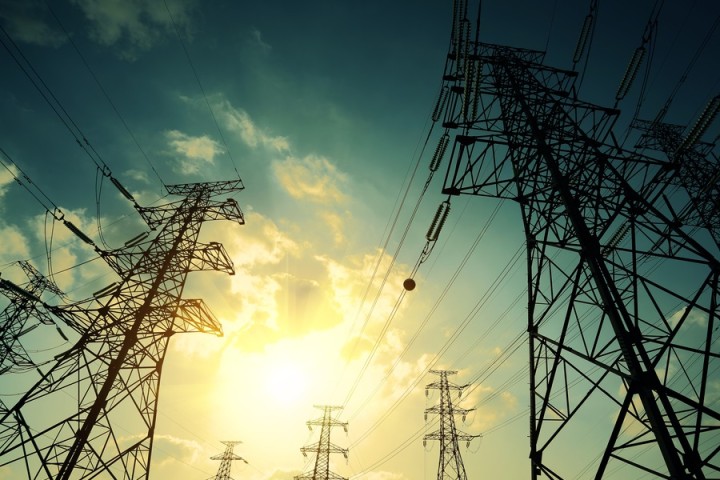Portugal, Spain and France agree to boost energy links

The signatories, with Portugal, represented by Acting Secretary of State Ana Fontoura Gouveia, agreed “on the importance of building the energy infrastructures needed to realise a secure and efficient internal energy market”, according to a statement from the EU executive.
Under the deal signed on Tuesday, the three have agreed to commit to the high-level group created in 2015 “to cooperate on key strategic projects, such as the establishment of cross-border interconnections and the rapid implementation of priority projects in the field of electricity”.
On the other hand, the document introduces new priorities for the High-Level Group regarding offshore infrastructure and renewable energy projects, cooperation on cross-border interconnections and the rapid creation of priority electricity projects.
The group will also have to explore the potential of renewable hydrogen on the Iberian Peninsula, including storage and the introduction of hydrogen electrolysers.
The memorandum builds on the cooperation of the High-Level Group on Interconnections in South West Europe, the Madrid Declaration (2015) and the Lisbon Declaration (2018).
Portugal and France are working on a project to increase the interconnection capacity between Portugal (Minho) and Spain (Galicia), enabling the Iberian electricity market (Mibel) to function more efficiently, with an impact on the single European electricity market. There are also plans to link Spain and France via the Bay of Biscay.
The gas pipeline between the Spanish city of Barcelona and the French city of Marseille (BarMar), which will transport energy between the Iberian Peninsula and France, has been announced for 2022 and is expected to take five to seven years to build.
In October 2022, Portugal and Spain agreed with France to build new links to transport green hydrogen, one between Celorico da Beira and Zamora (CelZa) and the other between Barcelona and Marseille (BarMar), in a project called H2MED, which Germany will join to reduce its energy dependence on Russia.
The High-Level Group was set up in June 2015 to promote key energy infrastructure projects in south-western Europe, such as the construction of the missing cross-border links between the Iberian Peninsula and the rest of the European Union energy market.

